Search
Remove Ads
Advertisement
Summary 
Loading AI-generated summary based on World History Encyclopedia articles ...
Search Results
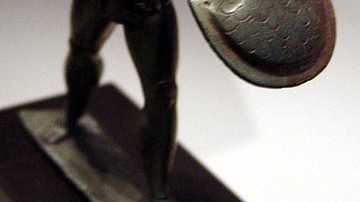
Article
Agoge, the Spartan Education Program
The agoge was the ancient Spartan education program, which trained male youths in the art of war. The word means "raising" in the sense of raising livestock from youth toward a specific purpose. The program was first instituted by the lawgiver...
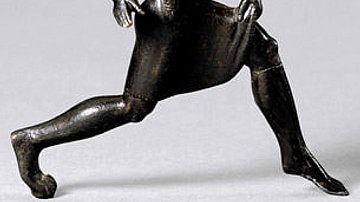
Article
Spartan Women
Spartan women had more rights and enjoyed greater autonomy than women in any other Greek city-state of the Classical Period (5th-4th centuries BCE). Women could inherit property, own land, make business transactions, and were better educated...

Article
Education for Girls in Ancient Rome
The upbringing and education of girls in ancient Rome are rarely addressed in ancient sources. A young Roman girl from an affluent family married very young, often in her mid-teens, and girls, according to tradition, were brought up solely...

Article
Education in Roman Spain
There was no compulsory state education for children in any of the western provinces of the Roman Empire. The primary sources are sparse when it comes to the education in Roman Spain, and while some scholars argue for a network of schools...

Definition
Sparta
Sparta was one of the most important city-states in ancient Greece and was famous for its military prowess. The professional and well-trained Spartan hoplites with their distinctive red cloaks and long hair were probably the best and most...
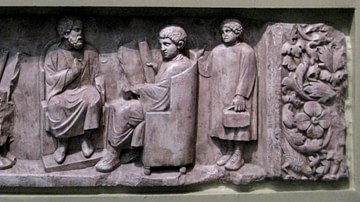
Article
Roman Education
Roman education had its first 'primary schools' in the 3rd century BCE, but they were not compulsory and depended entirely on tuition fees. There were no official schools in Rome, nor were there buildings used specifically for the purpose...
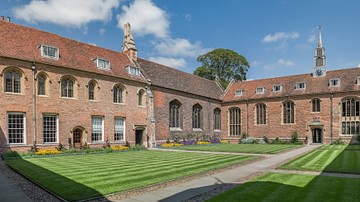
Article
Education in the Elizabethan Era
Besides the traditional option of private tuition, Elizabethan England (1558-1603 CE) offered formal education to those able to pay the necessary fees at preparatory schools, grammar schools, and universities. There was, however, no compulsory...
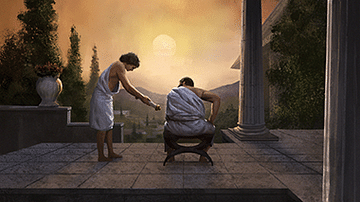
Definition
Agesilaus II
Agesilaus II (c. 445 – 359 BCE) was a Spartan king who won victories in Anatolia and the Corinthian Wars but who would ultimately bring total defeat to his city through his policies against Thebes. When Sparta lost the crucial battle of Leuctra...

Article
Mesopotamian Education
Mesopotamian education was invented by the Sumerians following the creation of writing c. 3500 BCE. The earliest schools were attached to temples but later established in separate buildings in which the scribes of ancient Mesopotamia learned...
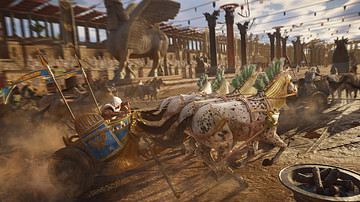
Definition
Cynisca of Sparta
Cynisca of Sparta (b. c. 440 BCE) was a Spartan royal princess who became the first female Olympic champion. Defying the traditional role of women in ancient Greece, she competed in the Olympic Games alongside the men and won. Her triumph...